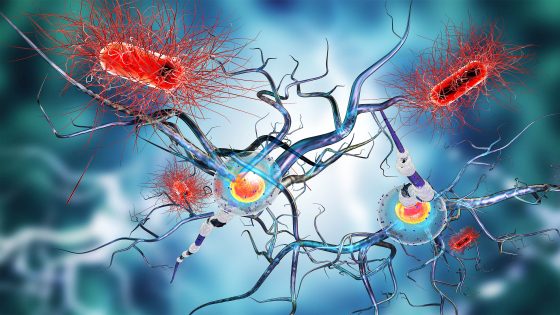Recent research highlights the connection between gut bacteria and multiple sclerosis (MS), a debilitating neurological disease. A twin study conducted in 2025-06-28 18:29:00 reveals that specific bacteria in the small intestine may trigger this condition.
- Twin study links gut bacteria to MS
- Identical twins reduce genetic noise in research
- Specific bacteria trigger MS in mice models
- Lachnospiraceae family linked to inflammation
- Potential therapies target harmful bacteria
- Importance of maintaining gut microbiome balance
By examining 81 pairs of identical twins, scientists identified two bacterial species that consistently appeared in individuals with MS. This groundbreaking study, led by Dr. Anna Peters from Ludwig Maximilian University of Munich, emphasizes the potential role of gut health in autoimmune diseases.
This study raises an important question: could modifying gut bacteria change the course of MS? The findings suggest that environmental factors, rather than genetics alone, play a significant role in disease development. Consider these health recommendations:
- Maintain a balanced diet rich in fiber to support beneficial gut bacteria.
- Consult healthcare providers about the potential of probiotics or antibiotics targeting harmful bacteria.
- Stay informed about ongoing research on gut health and autoimmune diseases.
- Monitor symptoms and discuss any changes with a medical professional.
As research progresses, it’s crucial for individuals with MS to stay updated on gut health strategies. This could be a pivotal moment in managing and potentially treating multiple sclerosis.
















![[Adobe Stock]](https://news.faharas.net/wp-content/uploads/2025/07/Ketogenic-Diet-Boosts-Brain-Blood-Flow-by-22-and-BDNF-230x129.jpg)
















